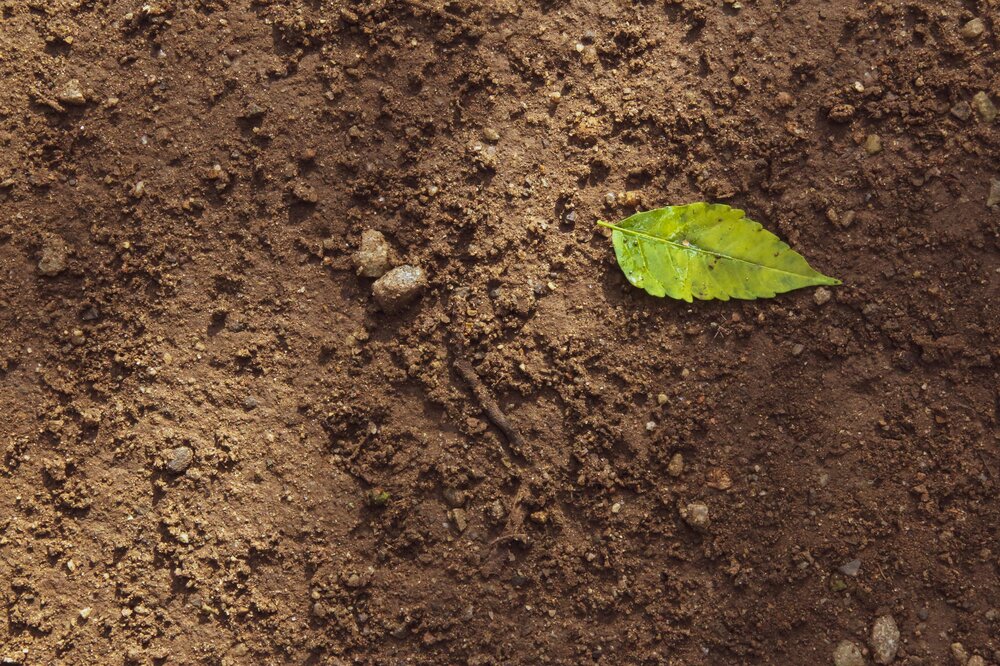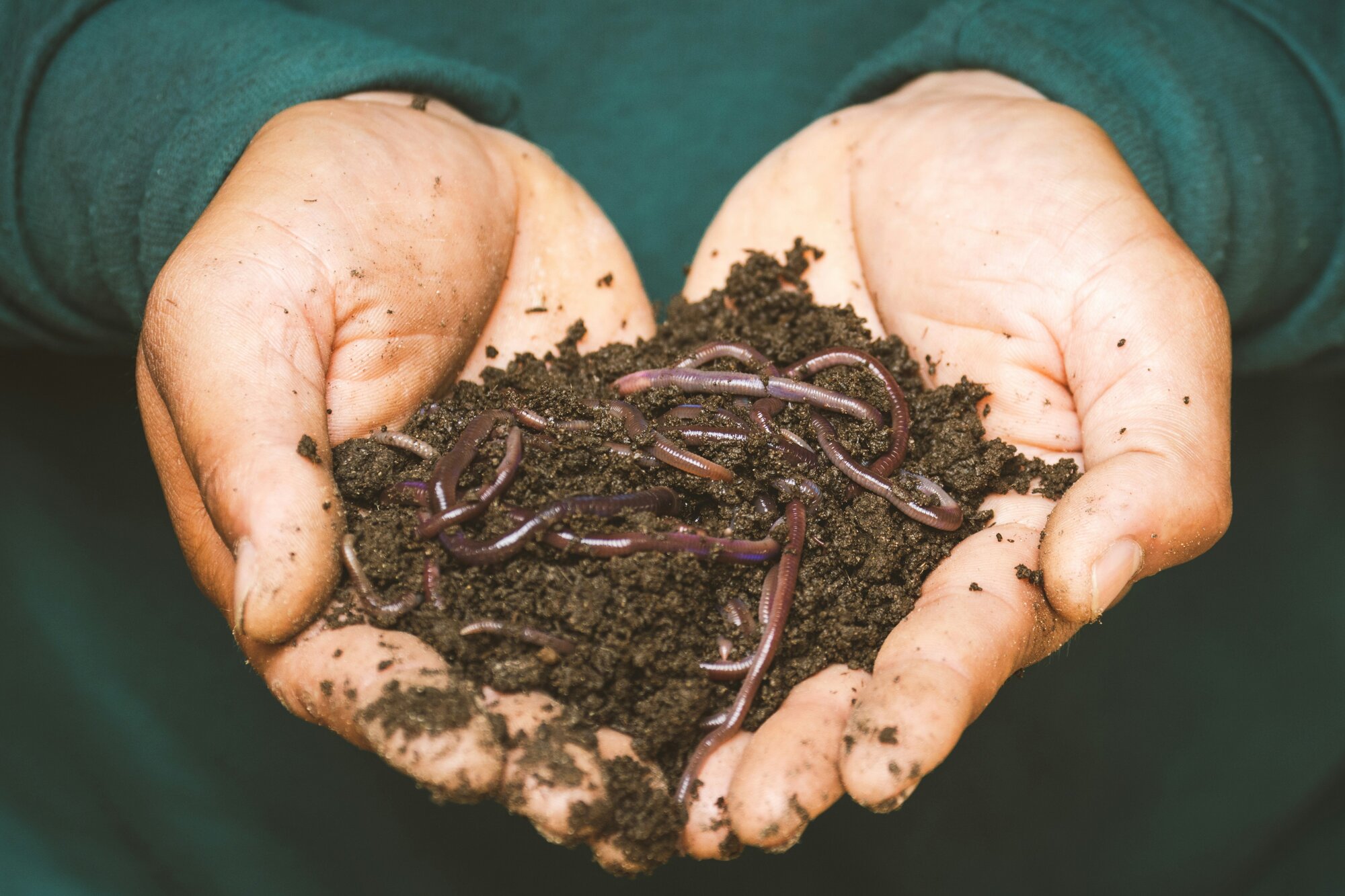
Soil is at the heart of life on Earth, and yet it is facing profound degradation with life-threatening consequences for humans and other species. Changing this situation – protecting and restoring soils – requires more than just scientific and technical solutions. The Horizon Europe Mission “A Soil Deal for Europe” (Mission Soil) is the largest funding programme for soil research in the EU today. It recognises that soil health is deeply intertwined with social, cultural, and political factors.
Insights from the social sciences, humanities, and the arts
Achieving soil health demands not only changes in land management but also a transformation of social relations with soil. Soil science has long been dominated by natural and technical disciplines, but the role of social sciences, humanities, and the arts (SSHA) in soil research is gaining recognition.
Understanding and improving human-soil relationships requires insights into social structures, cultural values, governance systems, and historical land use—areas where SSHA excel. How can the SSHA disciplines better engage with the existing soil research landscape? This is the topic of the report Social Sciences, Humanities and the Arts in the EU Mission “A Soil Deal for Europe”, led by Dr Anna Krzywoszynska of the University of Oulu.
Mission Soil is one of the five Horizon Europe funding streams which aim to achieve not only scientific excellence, but also societal impact in key areas; in the case of Mission Soil, the focus is on soil health as the underpinning of food security and ecological and social resilience. The report, written by the Advisory Board to Mission Soil, argues that soil research needs to more strongly integrate knowledge from the SSHA. Recommendations for achieving that include a greater involvement of SSHA experts at all stages of development of research programmes and their evaluation. The report also reviews previous calls under Mission Soil from the perspective of SSHA incorporation.
SSHA scholars explore how societies interact with their environment, including soil. Disciplines such as anthropology, sociology, geography, history, political science, artistic research, or ethics provide vital perspectives on soil use and conservation. For example, Marchesi (2020) explored how the particular scientific and institutional strategy pursued by the 19th century German chemist Justus von Liebig made it possible to establish chemical fertilization as the cornerstone of good land management.
In their research in New Zealand, Stronge et al. (2023) found that people assign multiple, co-existing values to soil. The authors therefore proposed a multidimensional framework for valuing soils that can be used in policymaking. Their bi-cultural model incorporates both Māori and Western-centric knowledge and perspectives and can be used to develop shared goals to maintain and enhance the state of soils in order to ensure well-being for humans and other living beings. The authors also point out that the dialogue on values enriches our understanding of soils and soil health and our connections with nature.
Diverse SSHA disciplines can help explain not just what is happening in soil use and soil health but also why certain patterns persist and how they might be transformed. These insights are crucial for designing policies and interventions that are both effective and socially just.
Living Labs that involve a range of partners for improving soil health
Soil research increasingly embraces transdisciplinary approaches, where scientists work directly with communities, policymakers, and industries to co-create knowledge and solutions. Traditional top-down science communication—where findings are simply shared with stakeholders—has reached its limits. Instead, it is increasingly argued that research must integrate social understanding to create new cultural narratives, economic models, and governance structures that support soil health.
The Mission Soil funding programme aims at just such an approach, providing an excellent opening for SSHA expertise. Mission Soil promotes soil research through a Living Lab approach: Mission Soil Living Labs are “user-centred, place-based and transdisciplinary research and innovation ecosystems that involve multiple partners (e.g., land managers, scientists, citizens, businesses, and local authorities) to co-design, test, monitor and evaluate solutions in real-life settings for improving soil health.”
This approach presents an opportunity for social research to shape research questions, framings, and methods to ensure incorporation of societal perspectives and truly participatory research processes. SSHA scholars have been at the forefront of similar transdisciplinary research efforts, developing methods such as participatory action research, citizen dialogues, and co-production of knowledge. SSHA disciplines have therefore deep expertise in research methods which uncover perse perspectives, mediate conflicts, and develop practical solutions tailored to specific social and ecological contexts.

The path ahead for SSHA in soil research
SSHA disciplines remain underfunded in environmental research. Natural sciences receive nearly 770% more funding than social sciences and humanities in environmental studies (Overland & Sovacool, 2019), leaving critical gaps in our understanding of human-soil relations.
Soil-focused SSHA research is still emerging, and greater investment is needed to support its growth. We need more studies on the social and economic forces driving soil use—like land ownership laws, financial systems, and cultural beliefs. We also need to understand how people’s relationships with soil have changed over time and what might encourage more sustainable practices today.
To truly integrate SSHA into soil research, funding models should account for the time and expertise required for transdisciplinary collaboration. SSHA researchers must be seen not just as facilitators but as equal partners in shaping research questions and methodologies. By embracing SSHA perspectives, soil science can move beyond technical solutions and create meaningful, lasting change in how societies care for and interact with the land.
SSHA researchers also need a seat at the table when decisions are made about soil research funding and policy. Without their insights, we risk missing the bigger picture—how people, power, and culture shape our land. If we want healthy soils by 2050, we need the SSHA on board.
Opportunities for strengthening SSHA in soil research
Engaging with the world of soil research is still challenging for SSHA scholars, however, opportunities exist. In addition to the growing number of soil research publications and panels at SSHA conferences, interdisciplinary and SSHA orientated soil research groups are emerging, such as the Soil Care Network.
There is a growing presence of SSHA scholars within the natural science communities. The European Geosciences Union annual conference features regular papers by SSHA researchers. By joining the national soil science organisations, or directly the International Union of Soil Sciences, SSHA scholars can participate in the IUSS conference to present their work and network with soil researchers.
It is also crucial that SSHA is better represented in Horizon Europe programmes overall—something that EASSH is strong advocate for—to address this SSHA researchers should register as experts in the EU Expert Portal. This way they will be invited to participate in research assessments and processes and thereby increase and professionalise the SSHA presence in European soil research. If you are interested in getting involved in soil research, please contact Anna Krzywoszynska directly.
References
Kraamwinkel, C.T., Beaulieu, A., Dias, T. et al. Planetary limits to soil degradation. Commun Earth Environ 2, 249 (2021). https://doi.org/10.1038/s43247-021-00323-3
Marchesi, G. Justus von Liebig Makes the World: Soil Properties and Social Change in the Nineteenth Century. Environmental Humanities (2020) 12 (1): 205–226. https://doi.org/10.1215/22011919-8142308
Stronge, D.C., Kannemeyer, R.L., Harmsworth, G.R. et al. Achieving soil health in Aotearoa New Zealand through a pluralistic values-based framework: mauri ora ki te whenua, mauri ora ki te tangata. Sustain Sci (2023). https://doi.org/10.1007/s11625-022-01269-x
More information
Social sciences, humanities, and the arts in the EU Mission “A Soil Deal for Europe” (publication).
ENoLL – European Network of Living Labs: The European Network of Living Labs is the international, non-profit, independent association of certified Living Labs.
International Union of Soil Sciences (IUSS)
About the author
Anna Krzywoszynska is a PhD Associate Professor in Transdisciplinary Human-Environment Relations, Department of Anthropology, University of Oulu.
She is also a member of the Advisory Board for Mission Soil, and Lead of the Working Group dedicated to SSHA in Mission Soil.